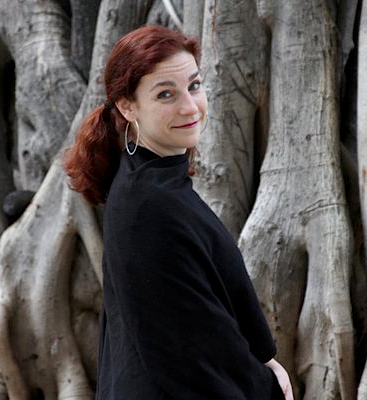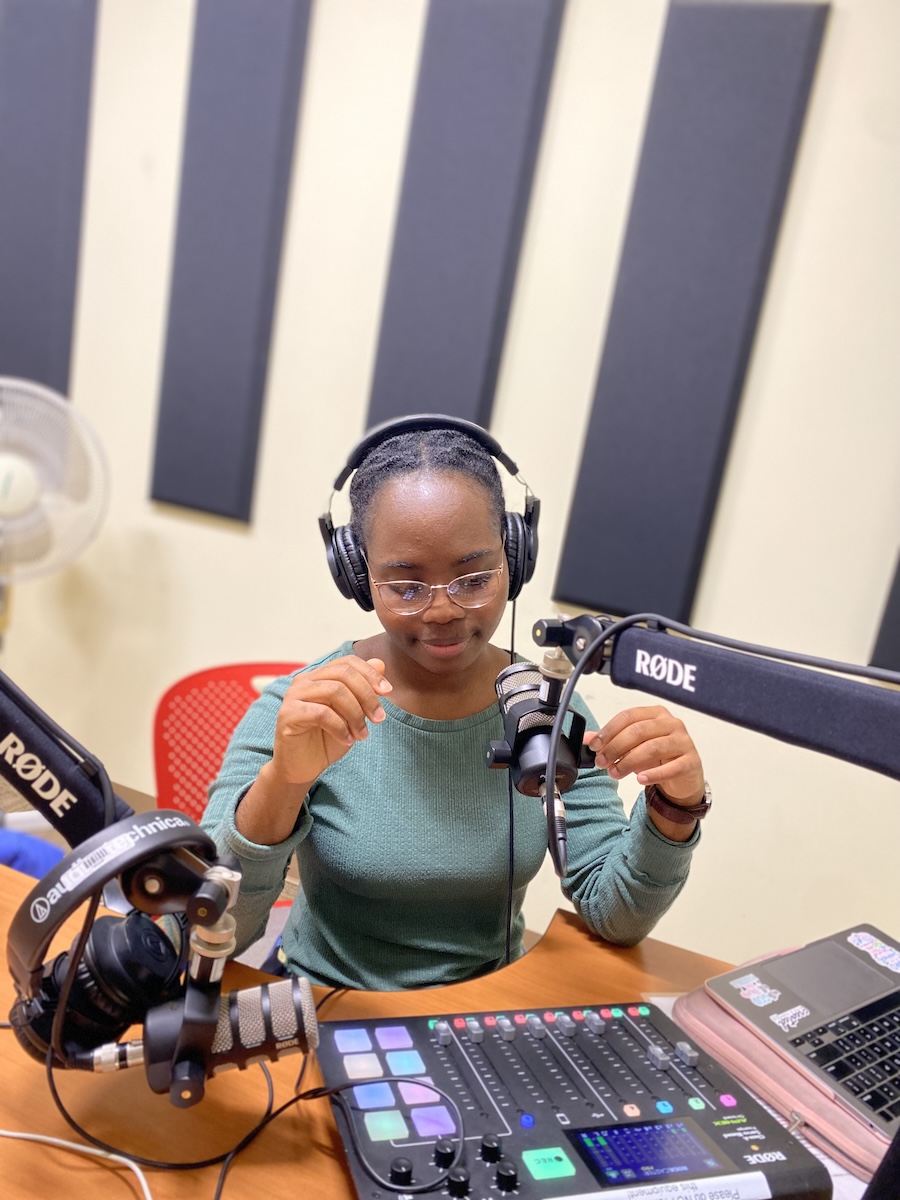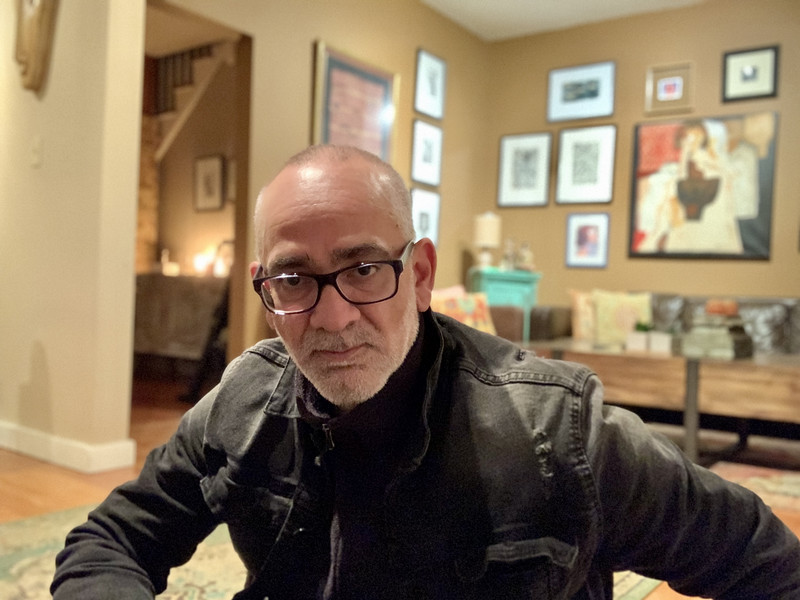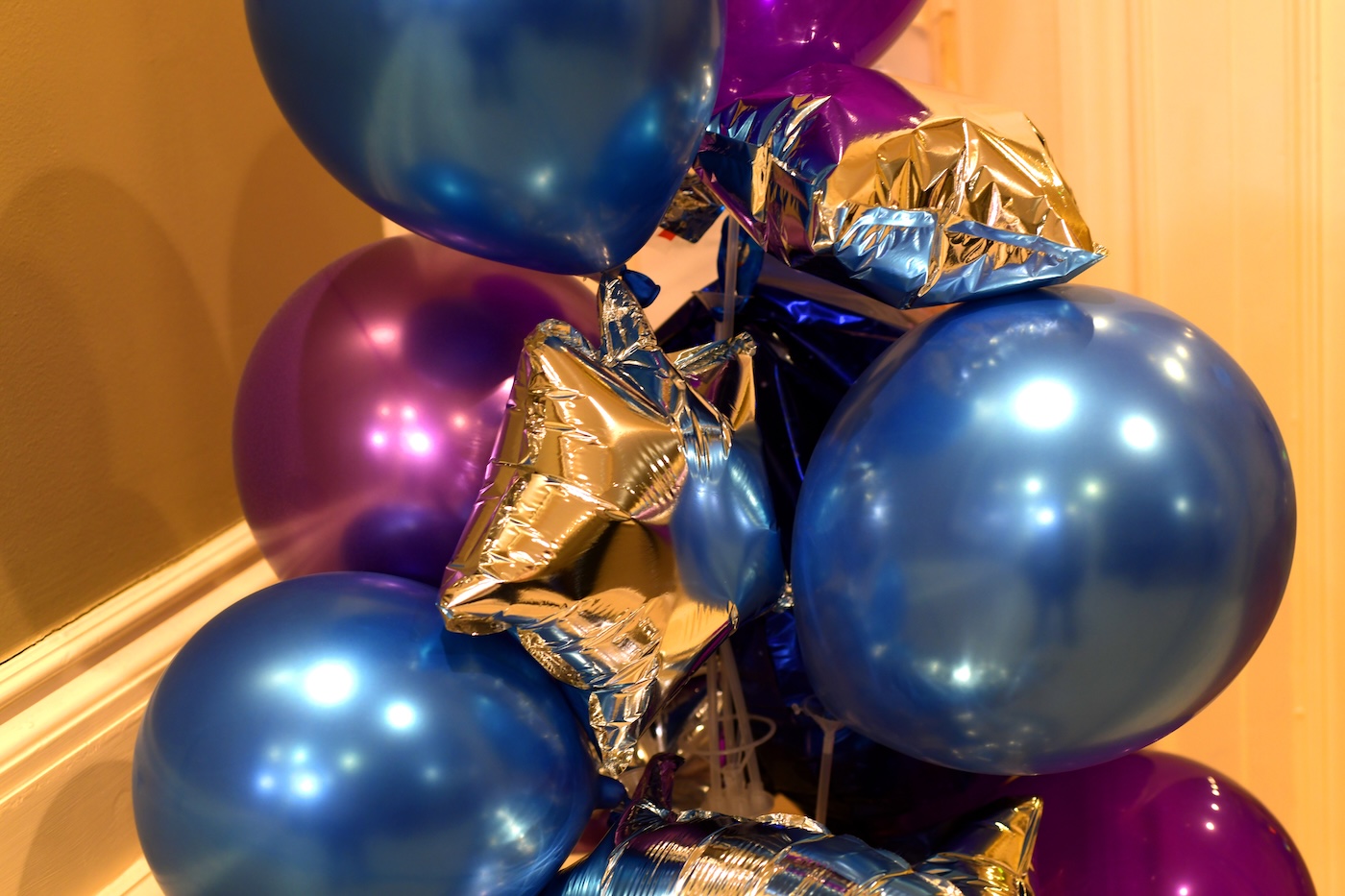Faculty Profile: Scholar of Pre-Modern Italian Literature and Hyper-modern Science Fiction, Arielle Saiber
By Rebecca Goldfine
At what point did you know you wanted to be a professor?
I didn’t know I wanted to be a professor until quite late in the game. Having lived as a child and teenager in various countries around the world and been gifted/burdened with a voracious appetite for exquisite food, I thought briefly about going into the restaurant business. In college I majored in philosophy and cognitive science and minored in Italian. And when I “met” Dante my sophomore year, a universe of questions exploded before my eyes; I knew I had to keep reading, thinking, learning, talking with people, and writing in an attempt to answer at least some of them. Then one day as a college senior, I went to my mailbox and saw a letter from the audio-visual team at UMASS-Amherst addressed to me as “Professor Saiber” (they were sending me recorded Italian newscasts). Hmmm. A sign? I thought I might go for a Ph.D. in philosophy, but I couldn’t shake my fascination with Italian literature of the Middle Ages and Renaissance. So I went to Yale for a Ph.D. in Italian literature and wrote my dissertation on the 16th-century maverick philosopher Giordano Bruno. In graduate school I knew I wanted to be a scholar, but the idea of being a professor was still an odd thought to me. However, during those graduate school years I not only had the good fortune of being my advisor’s T.A. for his Dante course, and teaching a number of Italian language classes, but also winning a competition to design and teach a course for Yale undergrads on my proposed topic, literature and science. When I finally realized I could teach, and loved it, then I knew I wanted to be a professor.
What classes are you teaching this year?
In the fall I taught Dante’s Divina Commedia in Italian and Advanced Italian. This spring I am teaching the Accelerated Elementary Italian course and a course in English, cross-listed with English, called World Science Fiction. Last semester I did an independent study with a student on the 20th-century Italian writer of the fantastic, Dino Buzzati, and this semester an independent study on the terrifying, fascinating Canto 25 of Dante’s Inferno.
I hear you have incorporated technology into your World Science Fiction class in a unique way. How have you done this?
Given the topic, this course could not not be a techno-fest! I began building the course (gathering materials, etc.) last summer with help from my wonderful research assistant, Victoria Rea-Wilson, ’14. I created a website for the course, which includes lists of anthologies of science fiction short stories from around the world, many of which Bowdoin now owns, and curated lists of articles, blogs, magazine, etc., that discuss science fiction. Although the course focuses on short stories and not films, I’ve also compiled a long list of science fiction films from around the world that are available in English (those that are available online are indicated as such). I also couldn’t resist creating “Sci Fi Spotify” playlists of SF-related music, to which students are adding tracks: instrumental, SF Chill (with Lyrics), and SF Upbeat (with Lyrics).
Another major technological component to the course is the Virtual Speaker Series. Ten speakers — SF writers, editors, publishers, and scholars from around the world — talk with the class for 20 minutes via Skype about SF in their respective countries, and then participate in a Q&A for 10 minutes. I am recording the sessions via Quick Time Capture.
In order to organize the massive amount of data the students are encountering in their reading of four short stories per class (about 90 stories total), I have set up a number of other digital tools: Turning Point Polling for surveying reactions to stories and discussion points; a collaborative timeline where students can add historical events and supplementary stories; and two different ways for students to jot down notes and thoughts about each story (an Excel spreadsheet each person can fill in as they wish; and our collaborative, work-in-progress Prezi: Themes by Country).
A final few technologically-based elements to the course are Facebook (a group by invitation), where students post SF-related things they read, see, hear about, or want to discuss; and The Class Chronicle, which is a collaborative Google Doc where one student per class records key points from lectures and discussions. Students can go back to the document and edit if something they were quoted as saying is wrong, or add further thoughts. They will also be consulting this document when writing their papers.
What is your current research project?
I have a few. The biggest one is completing a book on the rich, nuanced conversation between mathematics and literature in early modern Italy (approximately 1450-1650). Each of the five chapters investigates a case study of this conversation: Leon Battista Alberti’s treatise on cryptography; Luca Pacioli’s directions for geometrically constructing Roman capital letters; Niccolò Tartaglia’s “poetic” solution to the cubic equation; Bernardino Baldi’s massive biography of mathematicians from Antiquity through the early 17th century; and Giambattista Della Porta’s “theatrical” book on mathematical curves.
Two other projects underway are: 1) a co-edited special issue of the academic journal Science Fiction Studies on Italian Science Fiction; and 2) for Wesleyan University Press’s “Early Classics of Science Fiction” series, co-editing and translating short stories for what will be the first-ever anthology in English of Italian SF. I will also soon begin preparing an essay that addresses the science-and-mathematics questions faced by teachers of Dante’s Commedia; and an essay for a collection on “satire” in Dante’s works that I think I will call “Al Dante: Dante and Satire Today” (or “Hell, Yes!”), which will be based on the website called Dante Today I built in 2006 and continue to co-curate since 2012 with my colleague at Stanford, Elizabeth Coggeshall.
What’s your favorite way to engage with students outside of class?
I would say one-on-one, or in small groups, for a meal. I often meet with students in my office to talk about their work, ideas, questions, plans for the future. I have a ridiculously large collection of fancy teas (I am a big fan of oolongs from Taiwan and gyokuro from Japan) that I am always delighted to offer tea-drinkers, and a drawer full of fancy chocolate, which I happily share with anyone who manifests a similar reverence for that sacred bean.
Can you tell us something about yourself that people at Bowdoin may not know?
Some people might know this, but since my early teens I have been following experimental electronic music, sound art, and “modern classical” music (my favorite distributor for all this stuff is the British-based Boomkat). I dj’ed some parties in college and grad school (mostly electronica, but back in the day also drum & bass, jungle, acid jazz, trance, glitch, and trip hop), and although I myself do not compose or perform e-music, I have published a bit on electronic music (here and here), and I virtual-dj now by posting mixes of primarily minimalist, ambient, downtempo, and electro-acoustic music on the website 8tracks.



